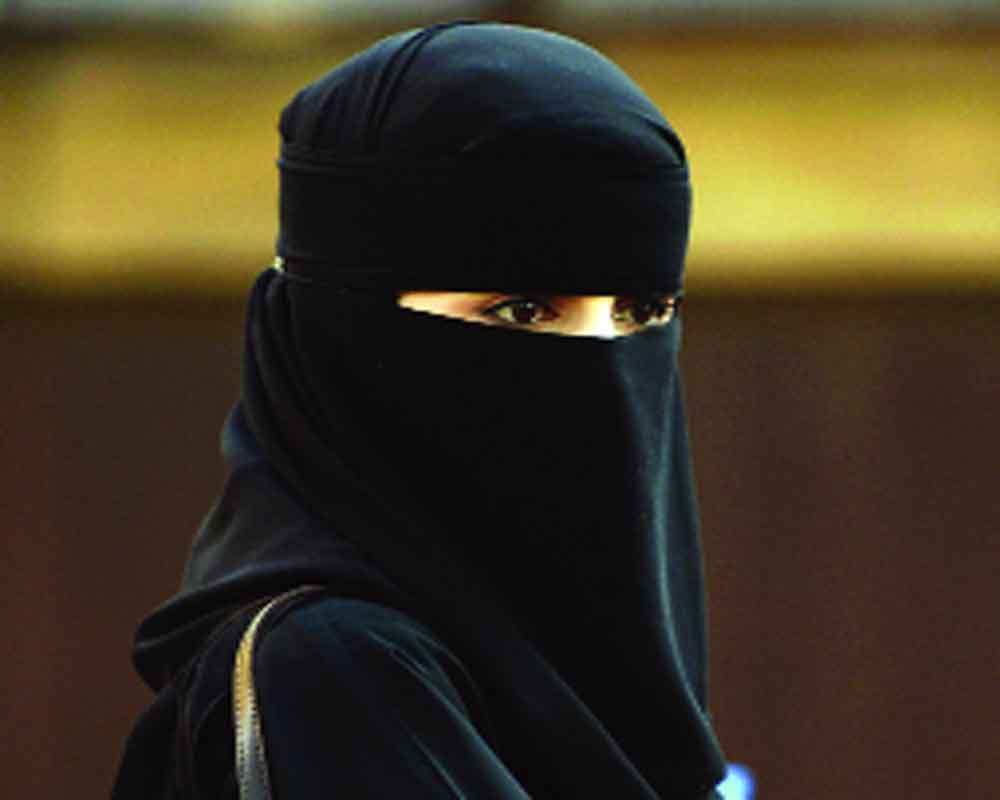A Kerala institution’s decision to prohibit women from wearing niqab is about right interpretation of texts
The decision by the Kerala-based Muslim Educational Society (MES), prohibiting female students from wearing veils in its institutions across the country, is not only about keeping to its reformist legacy but more about challenging the theological discourse set by powerful revisionist groups, who control mosques and madrasas. It is a brave attempt to uphold the true spirit of the holy texts and the Prophet amid a sea of interpretations by variant scholars, some of which have set the rigid template of Islam in our perception. It is about reinstating the position of women in Islam as it was intended and not circumscribing them by patriarchal interventions and culture constructs of the later years. At a time when Islamophobia has overpowered a true understanding of the religion, such voices are needed to dispel mistruths and begin where it is needed most, in education. The group runs 35 colleges, 72 schools and has around one lakh students, the future generation which MES president PA Fazal Ghafoor believes should be mainstreamed rather than feared, feel respected rather than reviled. In its circular, the MES even quoted a Kerala High Court order from December 2018, which dismissed a plea filed by two female students of Christ Nagar Senior Secondary School in Thiruvananthapuram, seeking to wear headscarves. The rationale being that the disadvantages of being marked out narrow down the advantages of maintaining parity. Although it would appear that the IS-operated blasts in Sri Lanka and the resultant swoop in South India may have set a precautionary context, Ghafoor has been consistent in his stand against veiling for far longer, saying it was un-Islamic and a cultural import. He had also said that wearing the niqab continuously can cause Vitamin D deficiency in Muslim women. Most importantly, such a move would actually uphold the identity of women as the misuse of the veil as a subterfuge has cost the community, the latest suicide bombers turning what should be a matter of choice to a matter of concern. Many purist scholars, too, maintain that the Quran does not specifically mention the burqa or tell women to wear confining clothes and cover their faces. Instead, it instructs men and women to dress and behave modestly in society and lower their gaze when interacting with each other. Much of the legitimacy of the burqa is drawn from the Hadith or traditions of life in the days of Prophet Muhammad and are, therefore, attributed to him. These have been conflated to embody the very idea of religiosity. However, he himself had always professed followers to go by the Quran. Besides, women in his times were progressive, were allowed to work unveiled and even today, they are not allowed to cover their faces during Haj, the idea being there should be no barrier between the devotee and her experience of divinity.
Of course, one must understand that in the backdrop of a growing Islamophobia, the veil has returned as an identity marker of the revivalist fervour of the times. This has resulted in the veil being politicised and tokenized as a tool for impact. Little wonder then that the extreme rightists at home raised the issue of banning the veil given its misuse by terrorists in Lanka. So long as it continues to be a power tool to perpetuate the politics of religion, the veil can only generate controversies and be used for point-scoring. Real victory is when women themselves are comfortable about choosing or shunning it.
Writer & Courtesy: The Pioneer








 OpinionExpress.In
OpinionExpress.In















Comments (0)